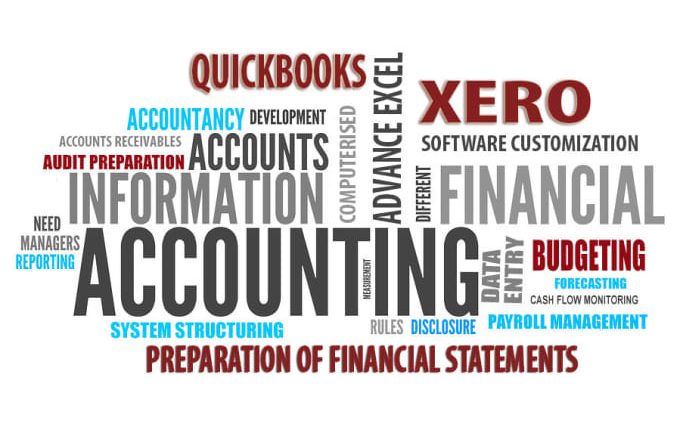Book Keeping and Disclosures- A need than mere compliance for MSMEs
Many MSMEs treat disclosure in the financial statements merely a statutory compliance than an opportunity to know more deep onto their finances.
Recently I came across an instance of an entrepreneur hauled up by Income tax authorities and issued demand notice for an huge amount for the previous assessment year. He has been into construction business and the business had been subdued in the last two years. Obviously the profitability is very low and paid less tax compared to previous assessment year.
The astonishing aspect of the whole exercise is the basis for raising the fresh demand for income tax. The basis was that the profit in the previous year was at higher proportion compared to turnover than this year.
Though it sounds very simple, the deeper analysis of why Tax authorities took such step reveals callousness on the part of entrepreneur as well as his accountant/auditors while finalising their books of accounts. The significant weak point was the financial statement were not very exhaustive; the expenditure head was just carrying single entry of expenditure for construction expenses. The details of break up of expenses under various heads were missing like purchase of cement, hiring of equipments, labour etc which are normally found to be very significant entries among the construction companies.
Our understanding is that the tax authorities had arrived at the conclusion of understating the income because the disclosures were not detailed in the financial statements filed with them and thus statements were not self explanatory.
It is not an exception…..
It is not uncommon among the entrepreneurs to give little or no attention to finalising the annual returns, especially first generation entrepreneurs do not appreciate the importance of proper disclosure. Many of them blissfully plead ignorance of the financial aspects of their business. They tend to believe in the wisdom of their accountant and auditor to ensure that it is taken care.
Another source of continuing poor disclosure could be book keeping practice not evolving in sync with the growth:
Normally MSMEs take a long path towards growth barring exceptions of new generation Technology based ventures. Many MSMEs in manufacturing and servcies grow from scratch and the accounting practice is always very rudimentary in the early stage. The focus remains on achieving milestones and it is a passion for many entrepreneurs. The accounting practice tends to remain at the rudimentary level despite the growth and higher level of transactions under various heads of expenditure and revenue.
Lack of Regulations governing the accounting practice in the proprietary and partnership firms:
Presently the accounting standards are elaborate and seem to be very rigid in case of the companies registered under Indian Companies Act.
However proprietary firm and partnership firms are not covered under any of the well-established accounting practice, though the application of such standards (applicable to companies) are not barred for a partnership and proprietorship firms.
Absence of such regulations on accounting standards may be prompting many auditors and accountants to ignore the importance of such disclosures in the financial statement.
Why proper book keeping and disclosures is important for MSMEs?
- To win the confidence of investors/lenders: Balance sheet, profit and loss account, cash flow statement are the key elements for reporting to your investors/ financiers/bankers on crucial information about the financial status of the enterprises, and they base their decision on the books of accounts of the firm. The quality and details of disclosures quicken the decision taking process. Many entrepreneurs are having serious difficulty to convince the investors and lenders for want of detailed presentation on their finances.
- To meet tax obligations: Paying tax is part and parcel of any business be it Income tax and GST. To know the correct amount of tax obligation and to settle the business/legal litigations, you should have adequate and accurate books of account. Such accurate disclosures prevent being subjected to intense security and sometimes severe disruptions.
- Prudent financial management: Proper book keeping reflects on the health of business and send alert to entrepreneurs if there is any need for course correction. It provides a better picture about the health of a company and enables the entrepreneur to make precise forecasting of financial requirement, acquiring necessary financial resources and to analyse investment decisions.
- Pricing decision: Many a time the pricing decision is taken based on the operating expenses and ignoring the certain costs. This is leading to anomalous situation for many entrepreneurs who fails to meet the profit targets despite achieving good turnover. This is leading to incurring losses and compelling them to borrow to sustain the operation. Having detailed understanding of overall picture of financial situation can set a benchmark to focus on precise costing.
IT enabled innovations making issue easier:
Book keeping leading to better disclosure is no more a cumbersome work nor require having an exclusive staff for doing so. There are many software solutions that props up various analytics for helping entrepreneurs to keep abreast with financial situation of their business. Some are available on monthly subscription model that makes it cheaper & handy. These solutions can help them to set various parameters and finer details.
Conclusion:
Proper


